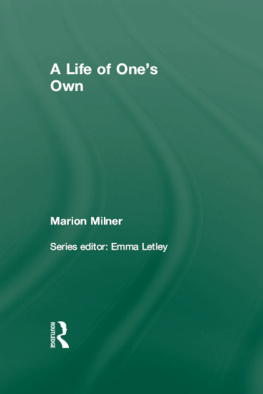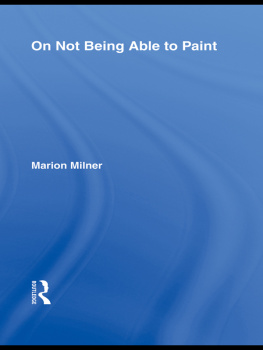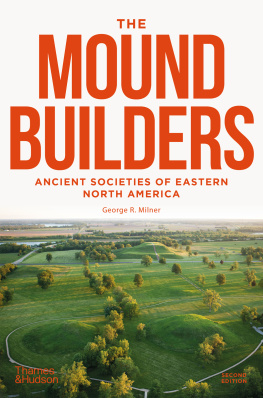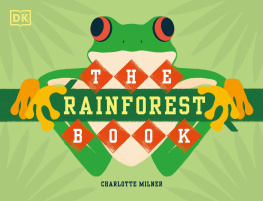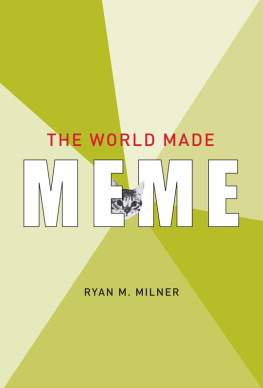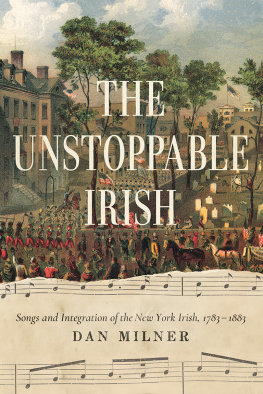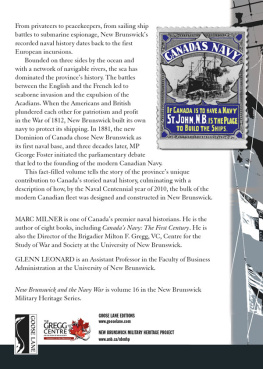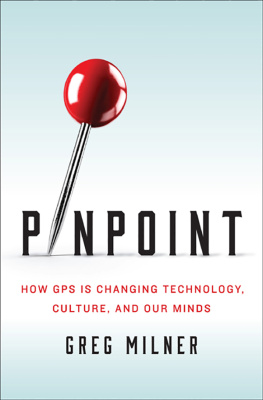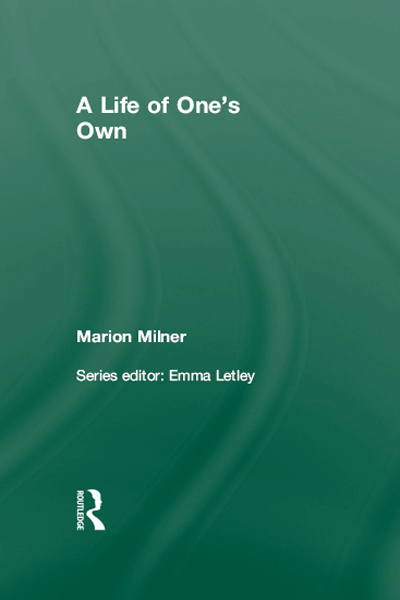
A Life of One's Own
How often do we ask ourselves, What will make me happy? What do I really want from life? In A Life of One's Own Marion Milner explores these questions and embarks on a seven year personal journey to discover what it is that makes her happy.
On its first publication, W.H. Auden found the book as exciting as a detective story and, as Milner searches out clues, the reader quickly becomes involved in the chase. Using her own personal diaries, kept over many years, she analyses moments of everyday life and discovers ways of being, of looking, of moving, that bring surprising joy ways which can be embraced by anyone.
With a new introduction by Rachel Bowlby this classic remains a great adventure in thinking and living and will be essential reading for all those interested in reflecting on the nature of their own happiness whether readers from a literary, an artistic, a historical, an educational or a psychoanalytic/psychotherapeutic background.
Marion Milner (19001998) was a distinguished British psychoanalyst, educationalist, autobiographer and artist.
Rachel Bowlby is Northcliffe Professor of English at University College London. Her books include Freudian Mythologies: Greek Tragedy and Modern Identities, Carried Away: The Invention of Modern Shopping, and Feminist Destinations and Further Essays on Virginia Woolf.
Emma Letley is a writer, academic and psychoanalytic psychotherapist, trained with the Arbours Association, and practising in Notting Hill Gate and at King's College London. She is the biographer of Marion Milner.
First published 1934 by Chatto & Windus under the name of Joanna Field
Reprinted 2011 by Routledge
27 Church Road, Hove, East Sussex BN3 2FA
Simultaneously published in the USA and Canada
by Routledge
711 Third Avenue, New York NY 10017
Routledge is an imprint of the Taylor & Francis Group, an Informa business
2011 The Estate of Marion Milner by arrangement with
John Milner and Margaret Walters c/o Patterson Marsh Ltd.
Introduction Rachel Bowlby
Typeset in New Century Schoolbook by
RefineCatch Limited, Bungay, Suffolk
Printed and bound in Great Britain by
TJ International Ltd, Padstow, Cornwall
Paperback cover design by Andrew Ward
All rights reserved. No part of this book may be reprinted or
reproduced or utilised in any form or by any electronic, mechanical
or other means, now known or hereafter invented, including
photocopying and recording, or in any information storage or
retrieval system, without permission in writing from the publishers.
This publication has been produced with paper manufactured to strict
environmental standards and with pulp derived from sustainable forests.
British Library Cataloguing in Publication Data
A catalogue record for this book is available from the British Library
Library of Congress Cataloging-in-Publication Data
Milner, Marion Blackett.
A life of one's own / Marion Milner (Joanna Field) ; new introduction
by Rachel Bowlby.
p. cm.
First published 1934 by Chatto & Windus under the name of Joanna
Field.
1. Happiness. 2. Success. 3. Introspection. 4. Thought and thinking.
5. DiariesTherapeutic use. 6. Milner, Marion Blackett. I. Title.
BF575.H27M54 2011
158.1dc22
2010051705
ISBN: 9780415550642 (hbk)
ISBN: 9780415550659 (pbk)
ISBN: 9780203817193 (ebk)
To
D.M.
Contents
Wanting quality, not quantity, in living
Acknowledgements
My thanks are due to many, but particularly to Mary Dalston, Jan and Cora Gordon, S. G. H. Burger, and my husband, for continual help and encouragement; also to Dr Elton Mayo and Dr Irma Putnam for inspiration, though these last were not responsible for the use to which their wisdom was put and may even be embarrassed by this acknowledgement.
Prefatory Note to the
1952 edition
A new edition, after sixteen years, of a book of such a personal nature as this raises certain problems. The deliberate endeavour to find a way of coming to terms with daily experience, which began in 1926, has continued during nearly twenty-five years of living. During this time the main issues have gradually become clearer; I have, however, made no substantial alteration in this book, except for certain minor omissions of those passages which now seem to me to be irrelevances and to confuse the main issue. The picture of the dragon has had to be left out because of cost of reproduction.
As for the Epilogue, I would not now describe the issues exactly in these terms, so I have made it much shorter, although not altered the main idea.
London
Introduction
Rachel Bowlby
Marion Milner's Preface to A Life of One's Own begins with a disarmingly simple formal statement of what it is:
This book is the record of a seven years study of living. The aim of the record was to find out what kinds of experience made me happy.
The method was:(a)to pick out those moments in my daily life which had been particularly happy and record them in words.
(b)To go over these records in order to see whether I could discover any rules about the conditions in which happiness occurred. (p. xxxiii)
A long-term scientific experiment or study has been successfully completed. It involved an aim, a method, and a record. Findings were sought in the form of rules and general conditions that the evidence might have yielded. The programme is set out in an orderly way with the two bullet-points, (a) and (b). Milner will go on to refer to the data she recorded as facts: the facts of my own life, and her own selection of these as observations.
But beneath or alongside this appearance of scientific method and objectivity, something quite different is also present. The subject of the study is happiness, and not just happiness in the abstract, or in general, but a personalfeeling, what made me happy; it is about moments and daily life. But while the happiness happenings are short-term or small-scale phenomena, the seven years study, on the other hand, seems to freight the project with history of its own and also with a traditional kind of significance. It suggests a long apprenticeship, a labour of love or love of the labour; or else a pilgrimage that might eventually be rewarded with the prize of truth. The reader is drawn into something that sounds more like a spiritual quest than a formal philosophical enquiry. There is the wish for a guide and the fear that the searching subject might lose my way (p. 11). Throughout the book, Milner speaks of her enterprise and of individual discoveries.
As the Preface continues, many distractions from the straightforward scientific model break in. Milner represents herself as being like a detective baffled by the multitude of his facts; or again, the book is a contemporary journal of an exploration which involved doubts, delays, and expeditions on false trails, and the writing of it was an essential part of the search (p. xxxiii). What she calls my method (p. xxxiv) was open to change along the way, as though reverting to the first principles, first ventures, of the philosophical methodos as a journey. Milner refers directly to the initiator of such a thinking method in his own quest for self-knowledge: Remembering Descartes, I set out to doubt everything I had been taught (p. xxxv). The mention is all the more significant as for the most part, she consciously tries not to remember anyone or anything she has even read, let alone been taught, instead pursuing something like a voyage of her own personal experiential discoveries.

